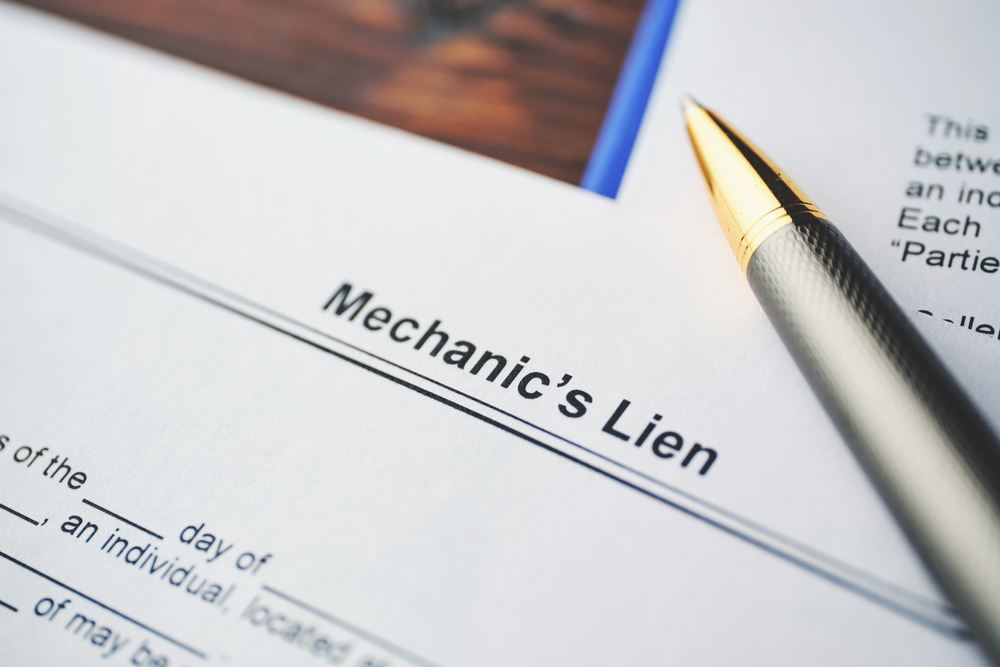

Filing a mechanics and materialmen’s lien (often referred to as an M&M lien) in Georgia can be an essential tool for contractors, subcontractors, and material suppliers to secure payment for labor and materials provided to a construction project.
However, Georgia’s lien laws are detailed and procedural missteps can jeopardize your ability to enforce your rights. Here, we’ll walk through the key requirements and steps to ensure your M&M lien is valid in Georgia.
Georgia allows certain parties involved in construction work to file a lien for unpaid labor or materials. Those eligible include:
Homeowners working on their own personal property are generally excluded from lien rights, as are parties who lack a direct or indirect relationship with the property owner or general contractor.
Property owners or general contractors in Georgia are required to file and post a “Notice of Commencement” at the start of a construction project. This notice should include details such as the property’s legal description, the owner’s information, the contractor’s information, and project timelines. It must be filed with the county clerk where the property is located and posted at the job site.
Subcontractors or material suppliers must provide a “Notice to Contractor” within 30 days of first delivering materials or performing work if they were hired by a subcontractor rather than directly by the property owner or general contractor.
The notice informs the owner and contractor of their participation in the project and reserves the right to file a lien if payment issues arise.
Failure to properly deliver or file these notices can result in the loss of lien rights, so it’s critical to comply with these requirements.
Aside from the initial notices mentioned above, Georgia law also requires parties to send a pre-lien notice known as the “Notice of Intent to Lien” at least 10 days before filing the lien. This notice gives property owners a final opportunity to settle payment disputes before formal action is taken.
For material suppliers, Georgia law does not automatically assume the materials delivered to a construction site were used for the project. Suppliers must demonstrate that their materials were actually incorporated into the property’s improvement.
This may involve keeping detailed records like delivery tickets, invoices, and photographs to document the materials at the job site. Without this proof, a material supplier’s lien may be challenged.
To preserve your lien rights, you must file the mechanics and materialmen’s lien within 90 days of the last date you provided labor, services, or materials for the project. This period is strictly enforced, and any late filings will result in an invalid lien.
The lien must be filed in the Superior Court Clerk’s office in the county where the property is located. It’s crucial to include all required information, such as a description of the property, the amount owed, and the dates work was performed or materials were delivered.
Once filed, an M&M lien in Georgia remains valid for 365 days (one year) from the date the lien was filed. However, to enforce the lien, additional legal action is required within this timeframe. Failing to file a lawsuit to enforce the lien during this one-year window will render the lien invalid and unenforceable.
To enforce an M&M lien, you must file a lawsuit against the property owner or responsible party within one year of filing the lien. Georgia law does not automatically entitle you to recover attorney fees as part of suing to enforce the lien.
However, if your contract with the other party contains an attorney fee provision or Georgia law otherwise allows it (e.g., bad faith in not paying the debt), you may seek to recover these costs in your claim.
What to learn more about Georgia’s lien rights, listen to our podcast about liens in Georgia, linked here. Navigating Georgia’s mechanics and materialmen’s lien laws requires strict attention to detail. Missing a deadline, failing to send required notices, or omitting documentation can all lead to losing your lien rights.
To protect yourself, always maintain meticulous records, adhere to deadlines, if you need help give us a call 713-715-7334. By following the proper procedures, you can secure payment for your hard work and materials.
Karalynn Cromeens is the Owner and Managing Partner of The Cromeens Law Firm, PLLC, with over 17 years of experience in construction, real estate, and business law. A published author and passionate advocate for contractors, she has dedicated her career to protecting the businesses her clients have built. Karalynn is on a mission to educate subcontractors on their legal rights, which inspired her books Quit Getting Screwed and Quit Getting Stiffed, as well as her podcast and The Subcontractor Institute.

